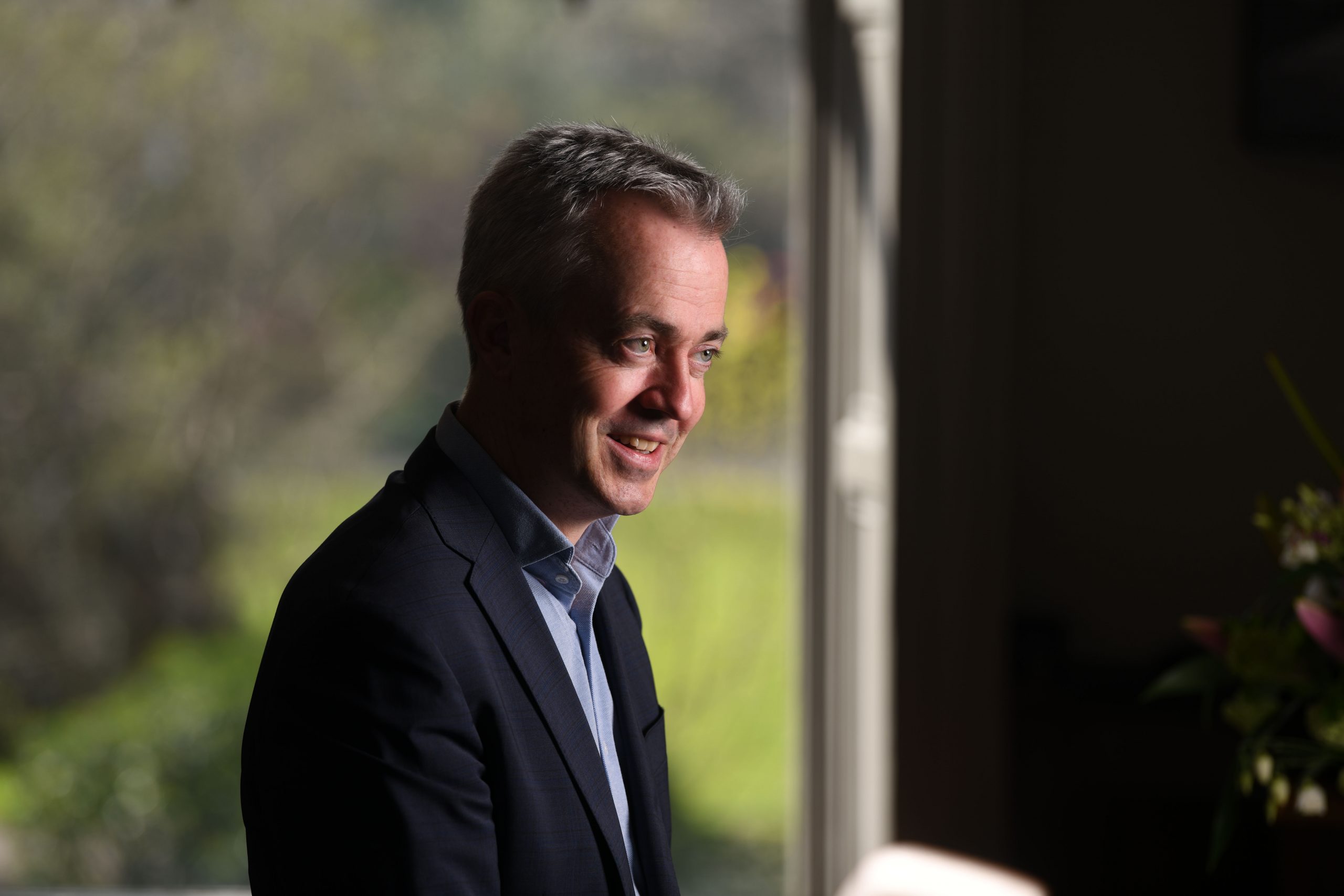In 2017, Leo Casey got a call from the recruiter Marcus Kelly. A chartered accountant and former investment banker, Casey was working as a financier with IBI, the grand old dame of Irish corporate advisory. He had worked on some of the biggest Irish corporate deals – from the Madison Dearborn buyout of Smurfit to the flotation of drinks company C&C. He had also had a ringside seat of the sale of Aer Lingus to the parent company of British Airways. Kelly, however, was trying to tempt him to switch gears. A new investment house was opening in Dublin, and…
Cancel at any time. Are you already a member? Log in here.
Want to read the full story?
Unlock this article – and everything else on The Currency – with an annual membership and receive a free Samsonite Upscape suitcase, retailing at €235, delivered to your door.

